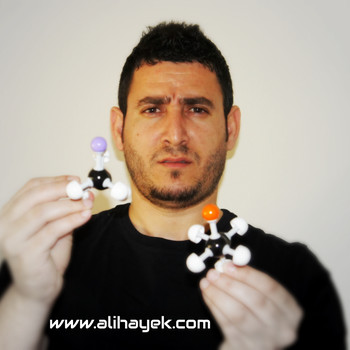A sample of hydrogen at 47°C exerts a pressure of .329 atm. The gas is heated to 77°C at constant volume. What will its new pressure be?
1 Answer
Nov 28, 2015
Explanation:
Assuming that Hydrogen is behaving ideally, therefore, we can use the ideal gas law:
Since the gas is being heated only and the volume is not changing, therefore, n and V are constant and therefore we can say:
Thus,

